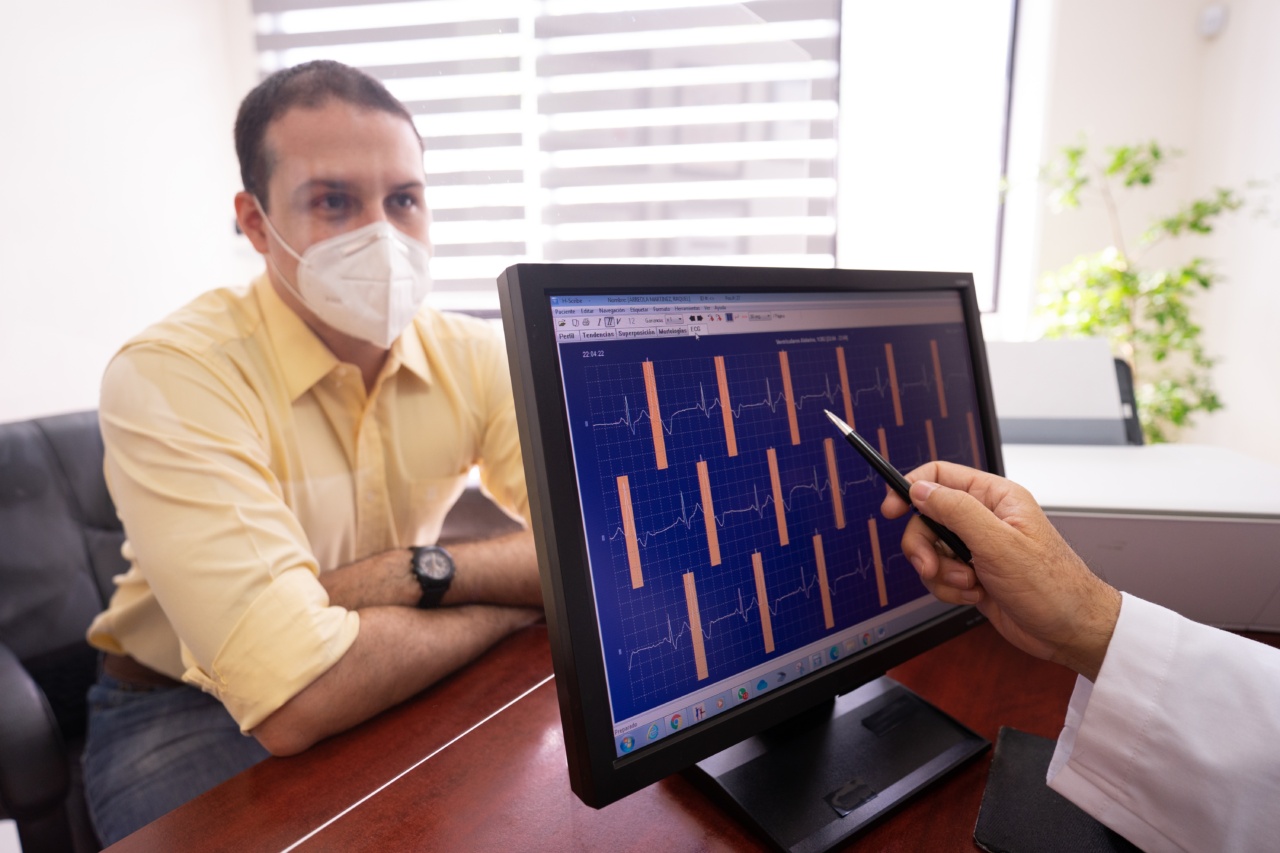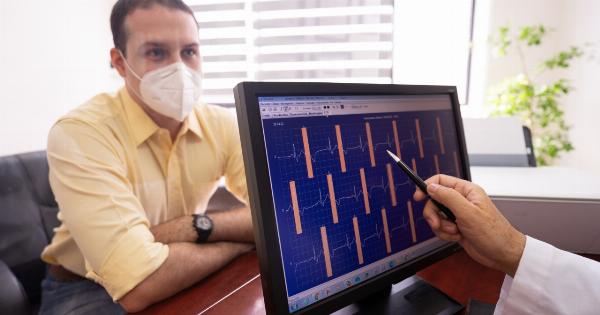OPAP, Greece’s largest gaming company, has recently launched the New Life Project, an initiative aimed at supporting medical institutions and hospitals across Greece.
As part of this program, OPAP donated a state-of-the-art cardiology unit to the Hagia Sophia Children’s Hospital in Athens, Greece. The donation was part of a larger effort to help improve the overall quality of care that children receive in Greece, especially in terms of cardiac care.
The Need for Better Pediatric Cardiac Care in Greece
Pediatric cardiac care in Greece has long been a subject of concern, with many children in need of more specialized treatment options and services.
According to reports, Greece has one of the highest rates of congenital heart disease in the world, with an estimated 2,200 new cases diagnosed each year. However, despite the high prevalence of the disease, there are only a few centers in Greece that provide specialized treatment for children with heart disease.
Furthermore, many families in Greece struggle to afford the high costs associated with cardiac care, including surgeries, medications, and tests.
This often leads to delays in treatment, inadequate care, and poor health outcomes for children with heart disease.
The Role of OPAP’s New Life Project
The New Life Project was created by OPAP as a way to help alleviate some of the challenges facing Greece’s medical institutions and hospitals.
As part of this initiative, the company has committed to donating medical equipment and supplies to hospitals in need across the country, with a focus on improving pediatric cardiac care.
The cardiology unit donated by OPAP to the Hagia Sophia Children’s Hospital is a significant contribution to the hospital’s ability to provide high-quality cardiac care to its young patients.
The unit includes state-of-the-art medical equipment, advanced diagnostic tools, and specialized cardiac monitoring devices, all of which are essential for providing precision care and monitoring young patients with heart disease.
The Impact of the New Cardiology Unit on Hagia Sophia Children’s Hospital
The cardiology unit donated by OPAP to the Hagia Sophia Children’s Hospital is expected to have a significant impact on the care of children with heart disease in the region.
With the advanced technology and equipment in place, the hospital is better equipped to provide accurate diagnoses and effective treatments, potentially improving outcomes for children with heart disease.
The donation is also a significant morale boost for the hospital’s staff, who have been struggling with limited resources and critical needs for some time.
With the new cardiology unit in place, the staff can now focus on delivering high-quality care to their young patients and improving the overall health outcomes for children in Greece.
The Future of OPAP’s New Life Project
The cardiology unit delivered to the Hagia Sophia Children’s Hospital is just one of the many donations that OPAP has committed to making as part of its New Life Project.
The company has pledged to donate medical equipment and supplies to many other medical institutions and hospitals across Greece, as part of its ongoing efforts to support the country’s healthcare system.
With the New Life Project, OPAP is demonstrating its commitment to making a meaningful difference in the lives of people across Greece.
By focusing on improving pediatric cardiac care, the company is addressing a critical need that has long been neglected, and helping to ensure that more children in Greece have access to the high-quality, specialized care that they need to live healthy and fulfilling lives.
Final Thoughts
The New Life Project by OPAP is a shining example of how corporations can make a positive impact on society by supporting critical needs and investing in worthwhile causes.
By focusing on pediatric cardiac care, OPAP is helping to address a significant health challenge facing Greece and is providing much-needed support to medical institutions and hospitals across the country. With the company’s ongoing commitment to this important cause, the future looks bright for children with heart disease in Greece.































